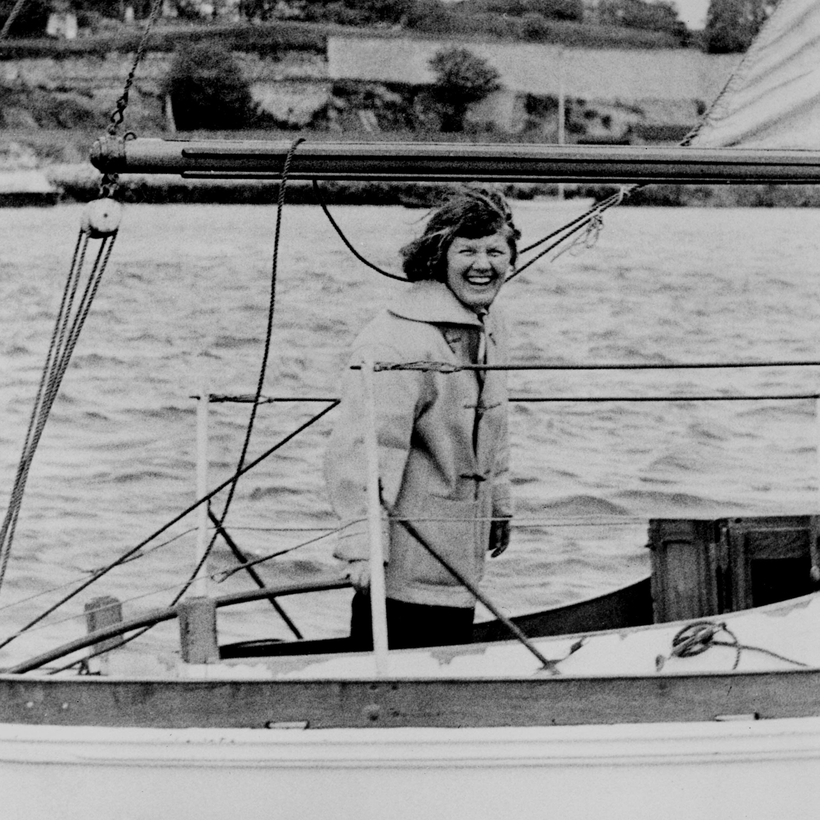Sailing Alone: A Surprising History of Isolation and Survival at Sea by Richard J. King
In May of 1952, a 43-year-old British woman named Ann Davison departed Plymouth for the Caribbean in a sailboat called Felicity Ann. Felicity was a thing that she needed—the wooden boat was a mere 23 feet long and Davison, a newcomer to long-distance sailing, would be the only person on board.
Three years earlier, Davison had set out on another transatlantic voyage, in the company of her husband, Frank. A storm in the English Channel had wrecked their boat and taken Frank’s life. Now she was back, attempting to reach the Caribbean on her own.


